Belt and Road participating countries have pledged to comprehensively expand and improve cooperation on tackling corruption so that they can address fraudulent activities across borders.
The pledge was made in a document released on Wednesday at a sub-forum on creating a "clean Silk Road" on the sidelines of the third Belt and Road Forum for International Cooperation.
The document titled "Achievements and Prospects of Belt and Road Integrity Building" notes that cross-border corruption undermines fairness and justice and threatens the global financial and security order, adding that there is great potential for anti-corruption cooperation among BRI participants.
It requires the participants to promote cooperation in more areas, including finance, taxation, intellectual property rights and environmental protection to build stable, fair and transparent rules and governance framework underpinning the BRI.
Highlighting the significance of strengthening supervision on BRI cooperation projects, it also states that BRI participants should strictly abide by laws and regulations in project bidding, construction, operation and management.
Another document titled "High-Level Principles on Belt and Road Integrity Building" was also released at the sub-forum.
Organized by China's National Commission of Supervision, the sub-forum was attended by some 200 delegates from anti-corruption agencies in countries and regions involved in the BRI, international organizations, and business and academic communities.
Liu Jinguo, director of the commission, announced at the forum that China will continue to organize Belt and Road anti-corruption workshops, which will provide many training sessions for people from countries in Asia, Africa and Latin America within five years.
Also at the forum, Salomon Hoogenraad-Vermaak, head of Public Administration Ethics, Integrity and Disciplinary Technical Assistance Unit at South Africa's Department of Public Service and Administration, called for more international exchanges on anticorruption issues.
He said that the sub-forum was a platform for discussion and participants could learn from one another.
"We must work together in finding ways that will work for all of us and share our experience," he said.








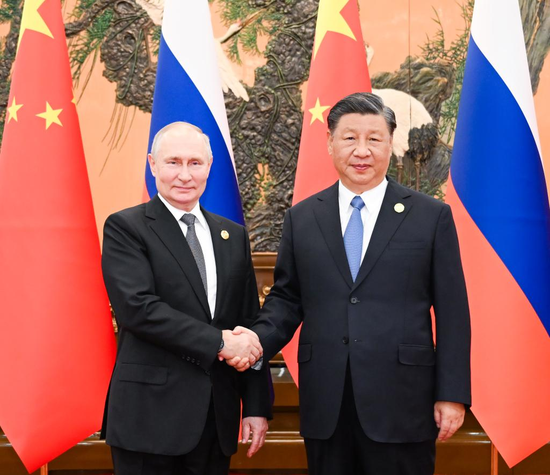
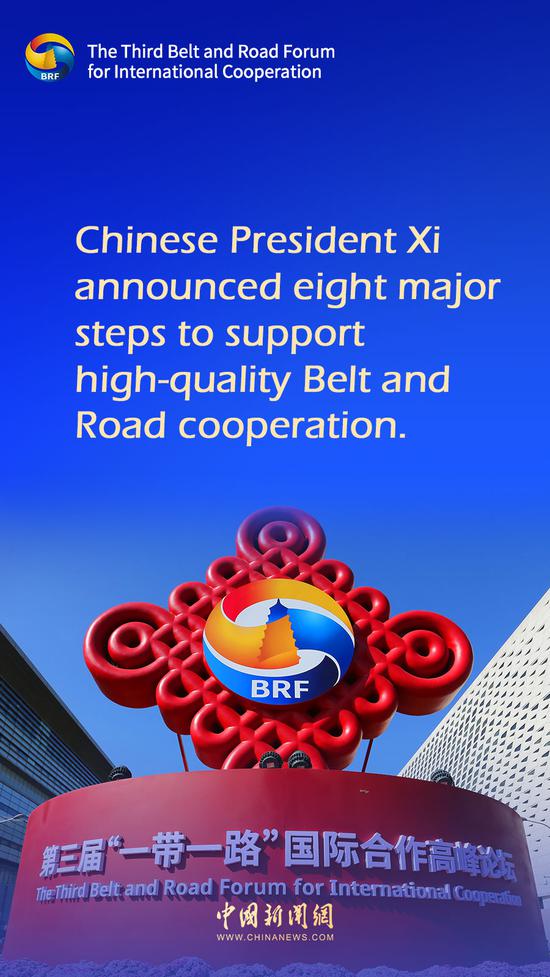
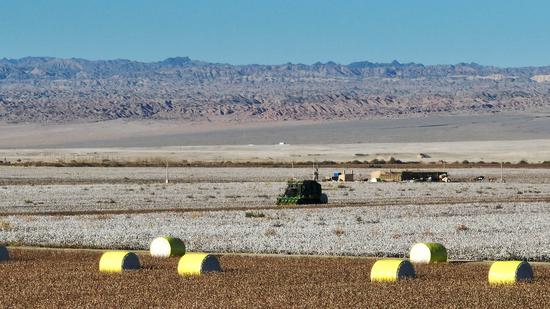
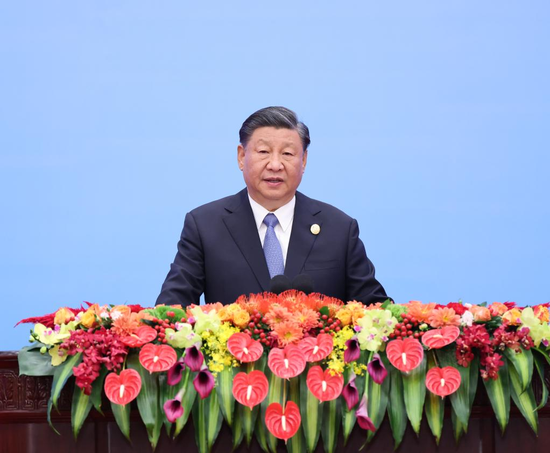
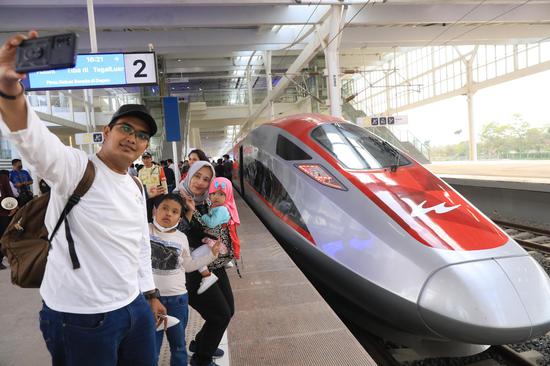


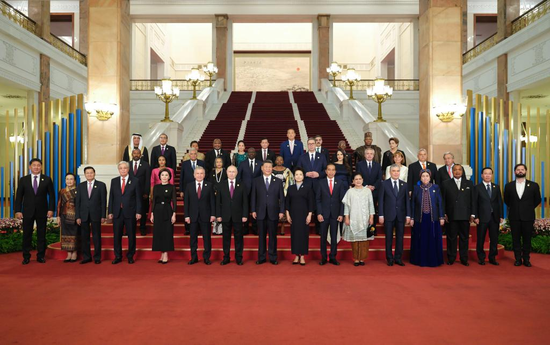
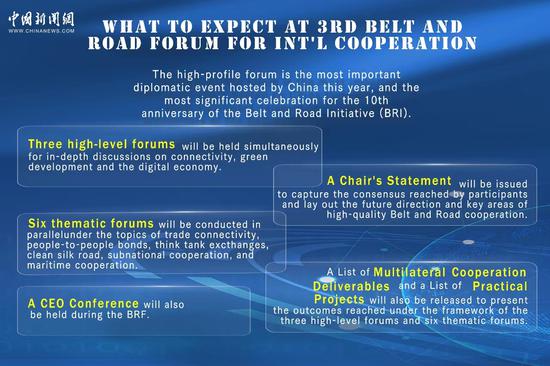

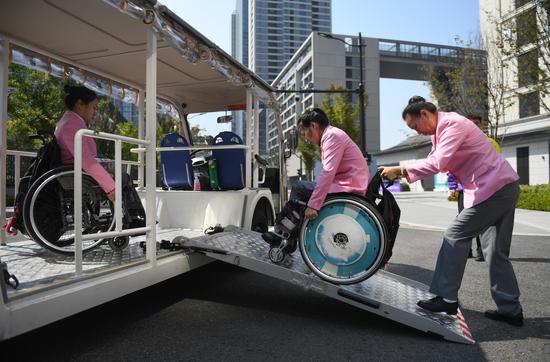





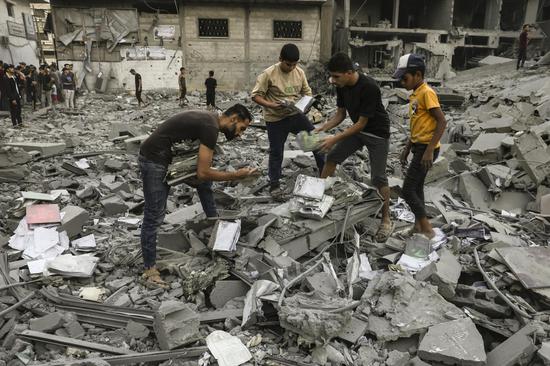

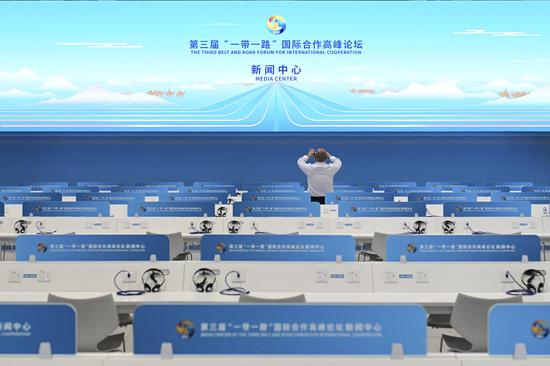

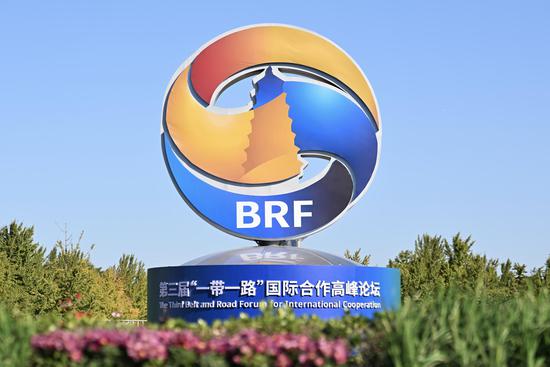
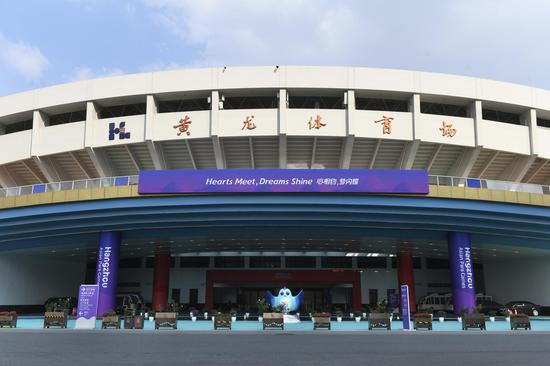
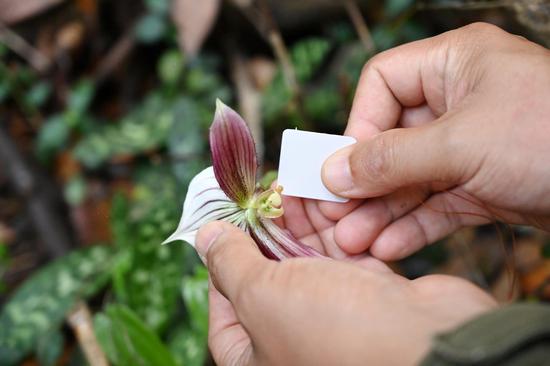

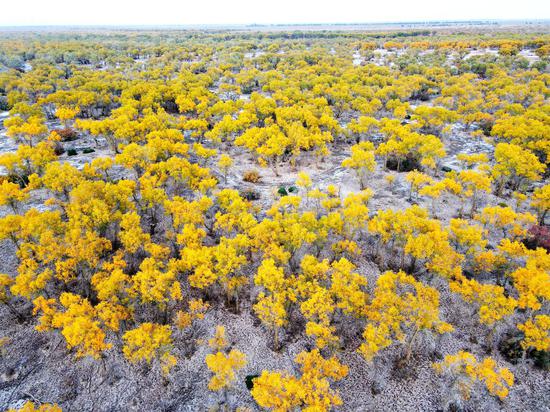
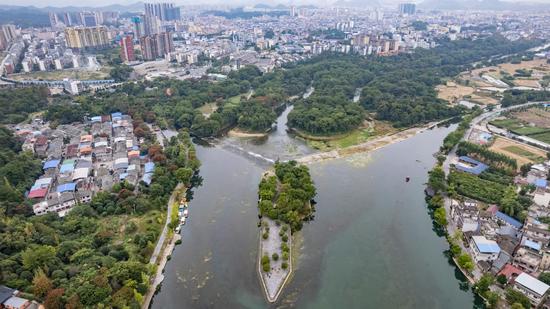
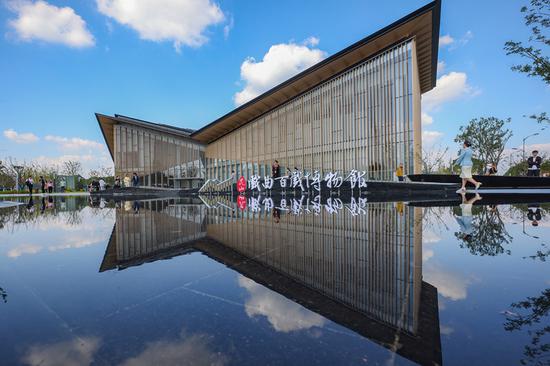

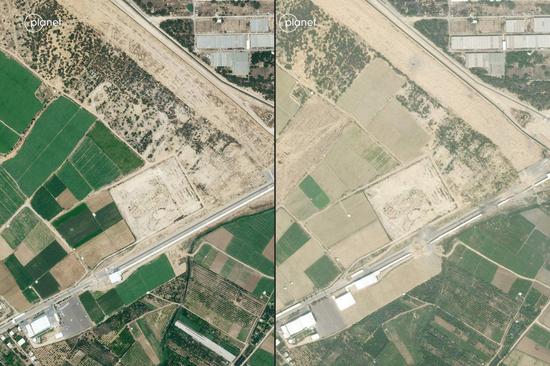

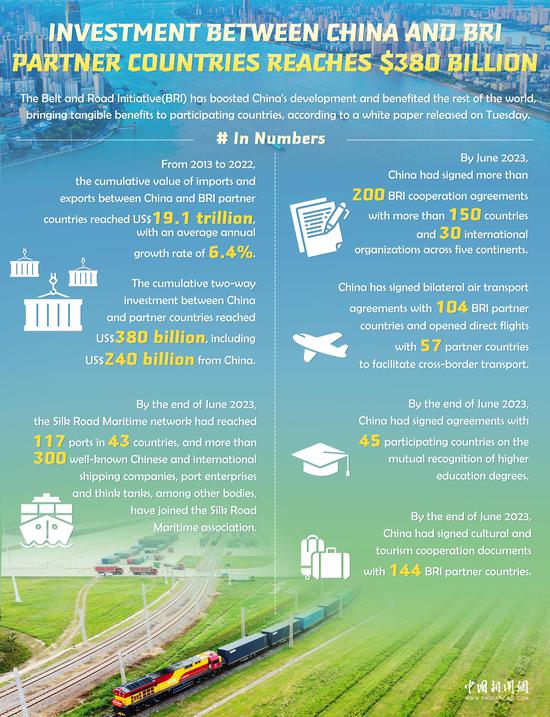
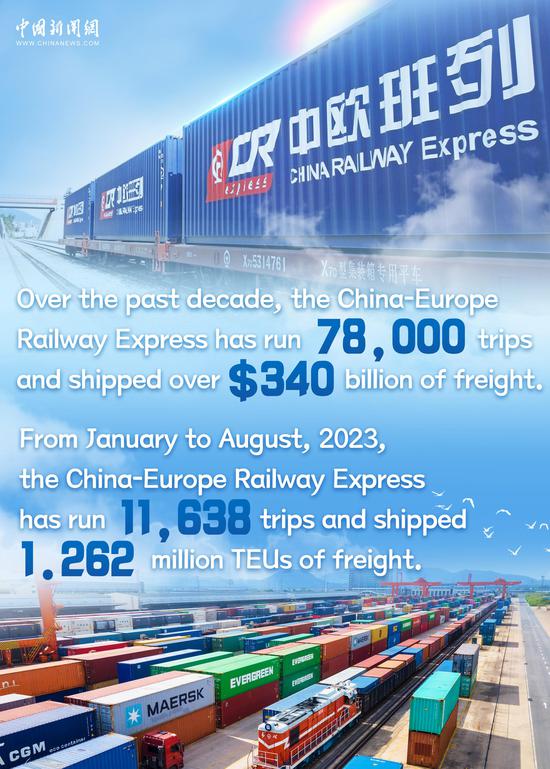
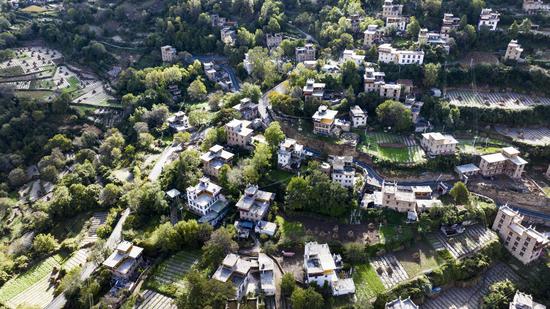

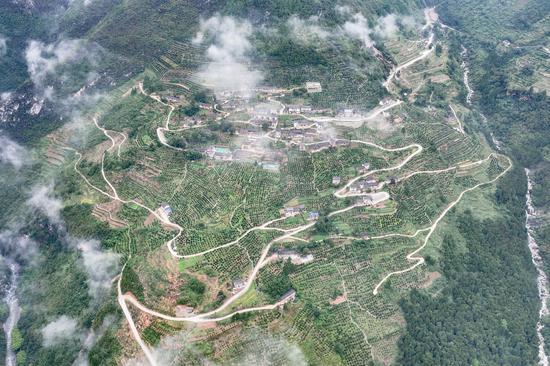
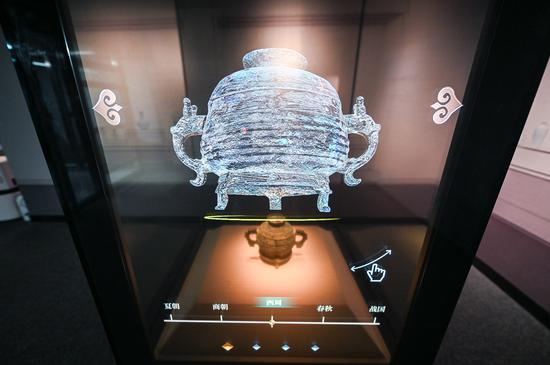


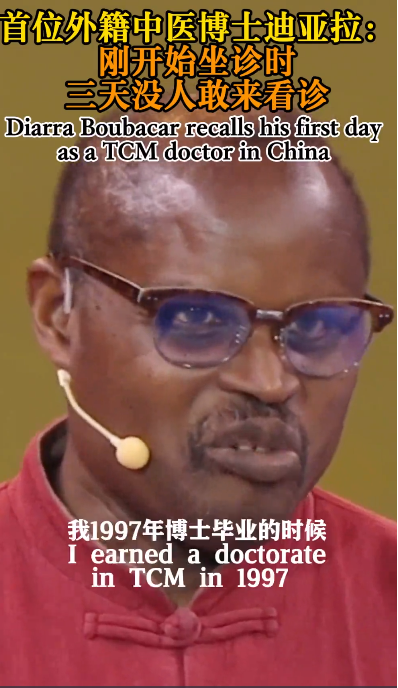



 京公网安备 11010202009201号
京公网安备 11010202009201号